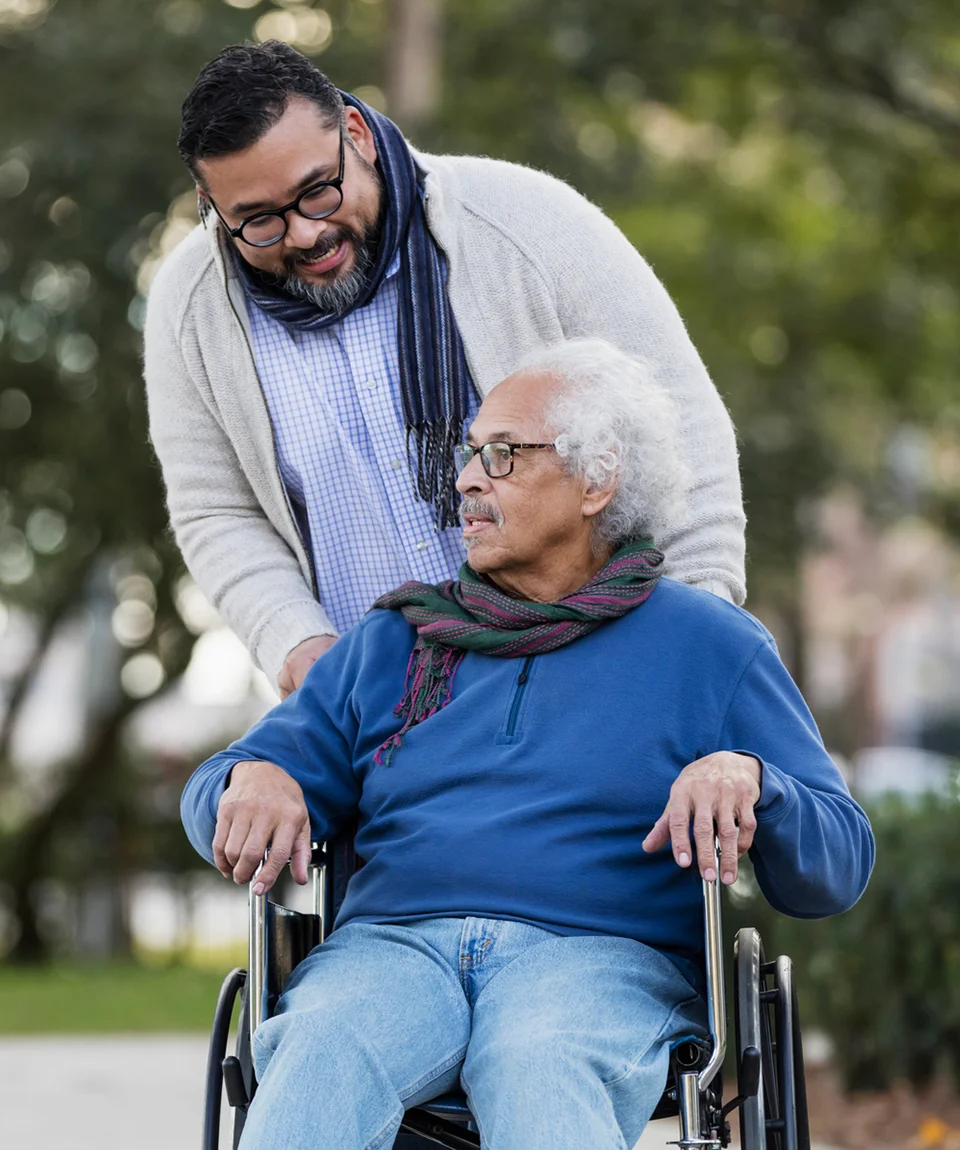What is this medication?
Most people who have had a cardiac event take an antiplatelet drug.
Antiplatelets include:
- ASA, also called acetylsalicylic acid (Aspirin, Asaphen, Entrophen, Novasen)
- clopidogrel (Plavix)
- prasugrel (Effient)
- ticagrelor (Brilinta)
Be aware:
- Generic names are listed first.
- Canadian brand names are in brackets.
- This list doesn’t include every brand name.
- If your prescription isn’t listed, your pharmacist is the best source for more information.
What do antiplatelets do?
Platelets are tiny cell particles found in your blood. Under a microscope, they look like plates.
When you get a cut, platelets rush to the wound. They:
- become sticky
- bind together
- form a clump to help stop the bleeding.
But this stickiness can also lead to blood clots, clogged arteries, heart attack or stroke.
Antiplatelets work by making your blood less sticky. This prevents arteries and stents from being plugged by clots.
How do I take an antiplatelet?
Take your antiplatelets exactly as prescribed.
- ASA can bother the stomach and should be taken with food.
- Other antiplatelets can be taken with or without food.
Do not stop taking your antiplatelets unless instructed by your healthcare provider.
Are there any interactions?
- Some medications, including non-prescription and herbal remedies, can affect how antiplatelets work.
- Check with your doctor, pharmacist or nurse practitioner before starting any new medication.
- Tylenol or acetaminophen is the safest thing to take for aches and pains.
- If you are having surgery or dental work, you may be asked to stop taking your antiplatelets temporarily.
Only stop on the advice of your heart doctor.
Be aware: Your medical team needs to know you are taking antiplatelets. This includes:
- doctors
- dentists
- nurse practitioners
- pharmacists
- massage therapists
- physiotherapists
- naturopaths.
Tell your healthcare provider and pharmacist about all the medications you are taking. These include:
- prescription drugs
- non-prescription drugs
- inhalers
- creams or ointments
- over-the-counter or natural health products
- alternative therapies
- Vvitamins, minerals, or supplements
- herbal remedies
- homeopathic medicines
- traditional remedies, such as Chinese medicines.
Are there any side effects?
Bleeding is the most important side effect of antiplatelet medications. If you get a cut or nosebleed, gently press on it until the bleeding stops.
Call your healthcare provider right away or go to the closest emergency room if you have:
- bad stomach pain.
- blood when you throw up, or vomit that looks like coffee grounds.
- blood in your urine or stools, or black stools that look like tar.
- unusual or heavy bleeding or bruising.
Some people may experience:
- upset stomach
- heartburn (acid reflux)
- easy bruising.
If you have side effects, talk to your pharmacist or healthcare provider.
Lifestyle changes that can also help
There are two ways to control and manage your heart health: medication and lifestyle.
Medication can help you control heart disease and high blood pressure, but it cannot cure it.
A healthy lifestyle can help you keep medication to a minimum.
Visit heartandstroke.ca/get-healthy. Learn how to keep your heart healthy with current information and advice from Heart & Stroke experts.
Talk to your healthcare provider about the most beneficial lifestyle goals for you.
Related information
Your healthcare provider or pharmacist are your best sources of information. You can also learn more about medications at any of these trusted sites.
Health Canada - Drugs and Health Products
Provides health and medical information for Canadians to maintain and improve their health.
Learn more about:
- Safe Use of Medicines
- Safety and Effectiveness of Generic Drugs
- Buying drugs over the Internet
- Drug Product Database
- MedEffect Canada
Provides safety alerts, public health advisories, warnings and recalls.
Your ministry of health also offers health resources in your province or territory. For example, Ontario’s MedsCheck program provides free pharmacist consultations. And British Columbia’s Senior Healthcare web page provides information about important health programs.
